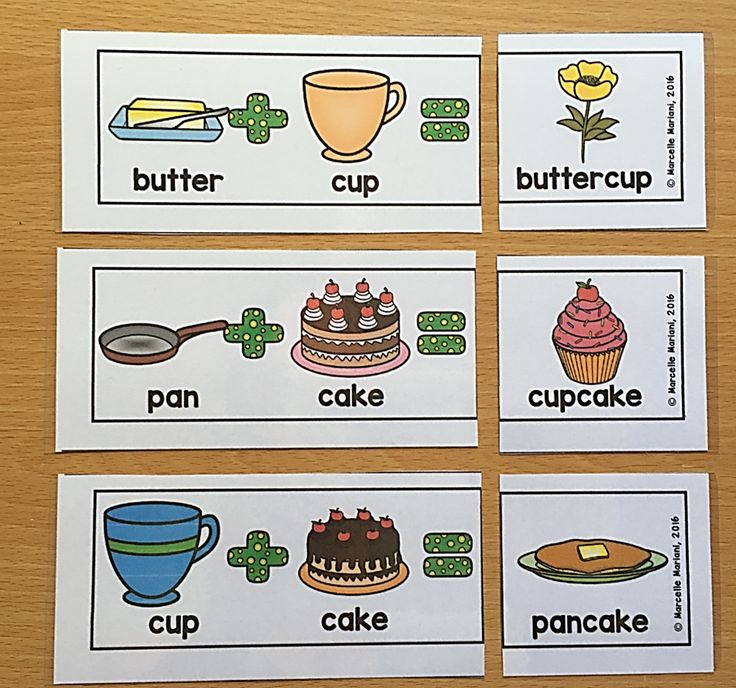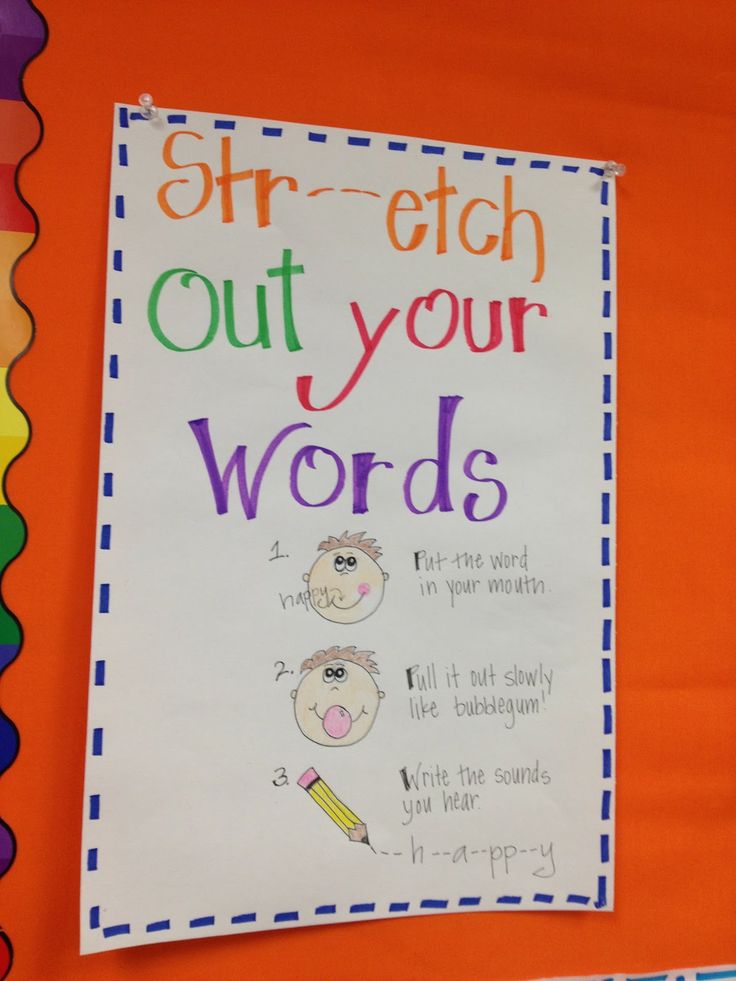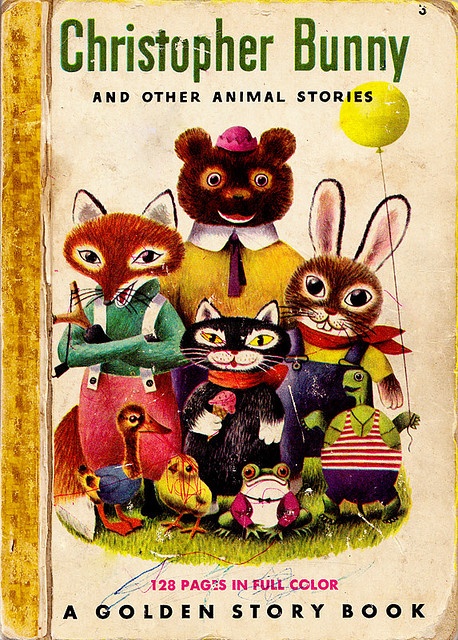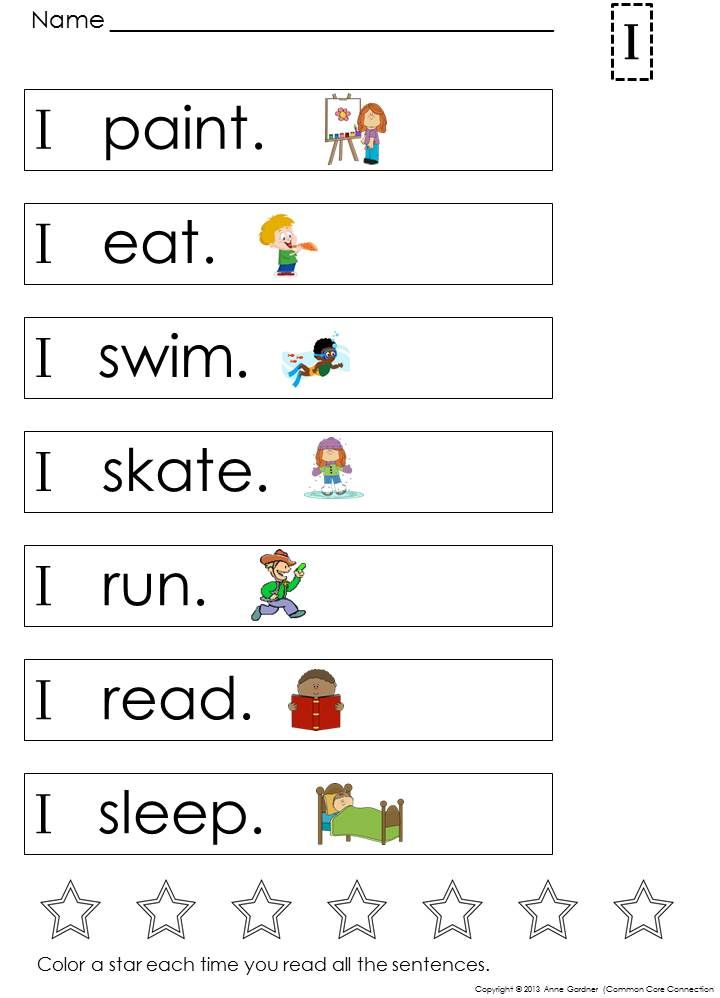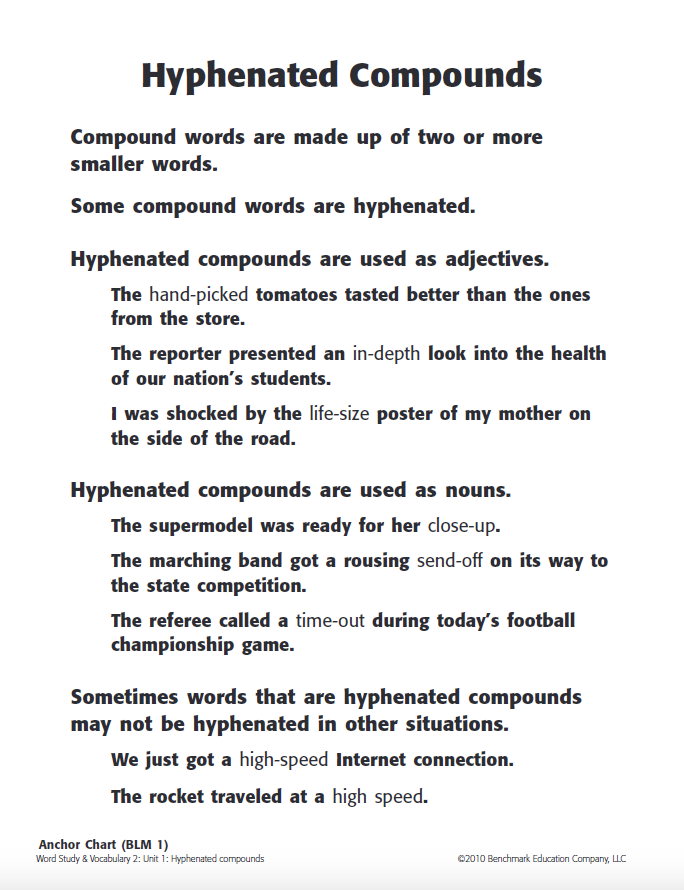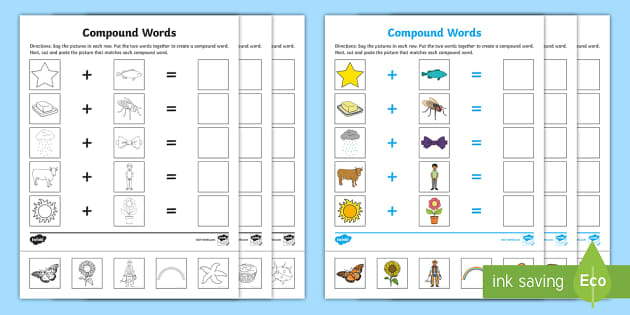Short i sentences
9 Ways to Write Brilliant Short Sentences
I love short sentences. I really do. In any book filled with a series of long, expansive sentences, a short sentence arrives like a gift.
Short sentences rarely have the ambiguity or mystery of a long sentence. They rarely have twists or swerves or switchbacks, because that requires the length of a longer sentence. They rarely win your admiration for verbal virtuosity, the way that a long sentence can astonish you.
What is the effect of short sentences? The effect is violence. A short sentence can gut punch you. They can deliver a surprise with the utmost efficiency. They can usher in a fantastic plot revelation with a deft flick of a few syllables. They have a power due to their brevity, and they have agility because they have nothing to weigh them down.
It would be a mistake to call a short sentence a simple sentence. Although many short sentences are simple in that they’re not compound or complex or compound/complex, they’re not simple meaning a childish thought, or one easy to comprehend. The short sentence can have a complex idea. It can deliver a sophisticated or challenging concept.
Although I dimly remember the gist of lengthy sentences, it’s the short sentences that I quote. About half of the examples below I remembered from memory.
If you want a short sentence definition, it’s impossible to give a limit. Is it defined by word count or letter count? These things don’t matter. A short sentence is not under 7 words or under 20 syllables. You recognize a short sentence when you see one. And the short sentence is also defined by its surroundings: a sentence might not be short when surrounded by ten-word sentences, but when surrounded by 100-word sentences, it seems like a dwarf.
If you’re like me, you want to write short sentences that make the reader stop and reread them, make them ponder them late at night, make them quote to their friends. So let’s get started. This list of beautiful short sentence examples should help you write sentences that stun and dazzle.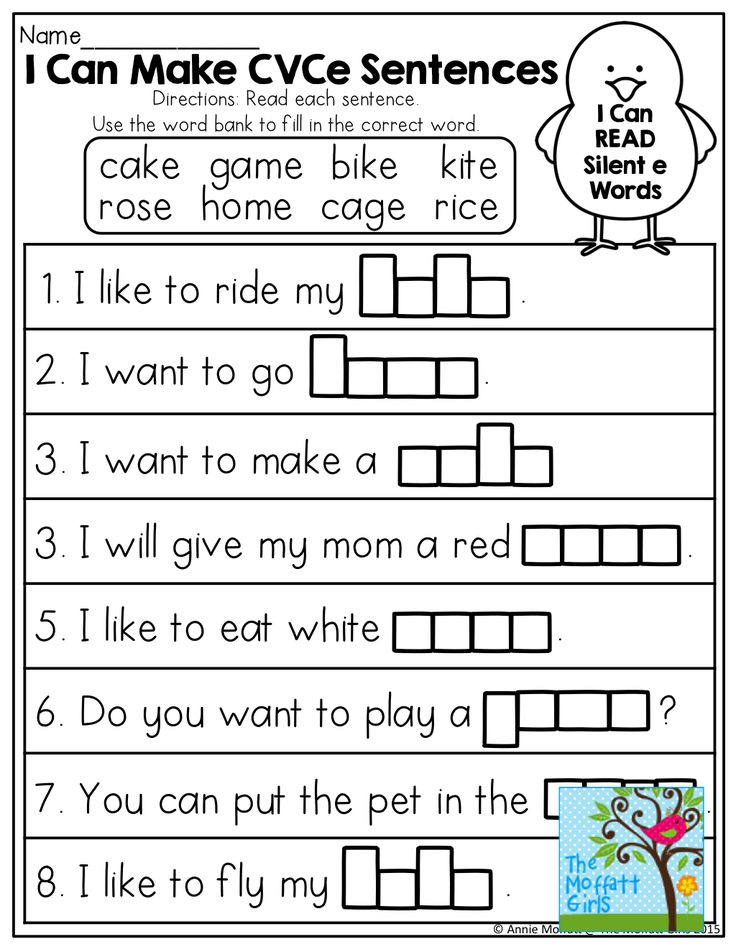
David Foster Wallace uses a short sentence to provide the sole commentary in a piece otherwise filled with description and details. His short story Incarnations of Burned Children — about a horrifying moment when a pan of boiling water falls on a child — is only 3 pages, but it’s full of sentences topping the 100-word mark. After the longest sentence of the piece, a 232-word monster, he follows it with a 10-word sentence:
“If you’ve never wept and want to, have a child.”
Not only is there difference in length, but in the type of content. All the other sentences offer no grand insights, no wisdom from above, no overarching commentary. They only relate the strict details of what’s happening, while this short sentence offers the only distant observation of the piece. It’s one of the most devastating sentences I have ever read.
2.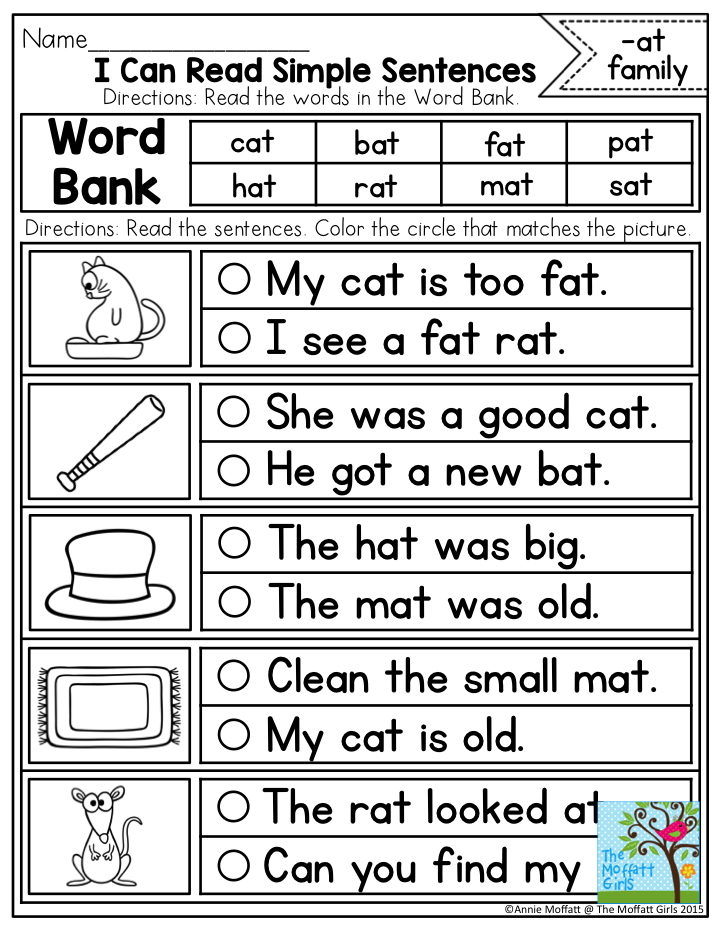 Shock with ContrastIllustration: Evan Thomas
Shock with ContrastIllustration: Evan ThomasIn Cormac McCarthy’s Blood Meridian, the most repeated phrase is “They rode on,” which is often a stand-alone sentence. Given McCarthy’s leanings toward the super-long sentence connected by “and” (a technique called Polysyndeton), these 3 word sentences crack like a rifle shot.
Check out how he sandwiches this brief phrase between several much longer sentences:
“They cut the throats of the packanimals and jerked and divided the meat and they traveled under the cape of the wild mountains upon a broad soda plain with dry thunder to the south and rumors of light. Under a gibbous moon horse and rider spanceled to their shadows on the snowblue ground and in each flare of lightning as the storm advanced those selfsame forms rearing with a terrible redundancy behind them like some third aspect of their presence hammered out black and wild upon the naked grounds. They rode on. They rode like men invested with a purpose whose origins were antecedent to them, like blood legatees of an order both imperative and remote.
For although each man among them was discrete unto himself, conjoined they made a thing that had not been before and in that communal soul were wastes hardly reckonable more than those whited regions on old maps where monsters do live and where there is nothing other of the known world save conjectural winds.”
Roy Peter Clark says, “In the land of 40-word sentences, the 20-word sentence bears a special power.” In this case, in the land of 80-word sentences, the 3-word sentence is king.
3. Change the VoiceIn Clockwork Orange, the ultra-violent Alex has to undergoes some crazy behavioral modification from the state. Of course the whole book is filled with made-up language, which makes it a thrill to read, but this simple sentence that ends the paragraph (and a whole chapter) doesn’t play with language at all. It’s different from other sentences not only by length, but also by normal language. Both those differences make the last sentence stop hard:
“Oh, it was gorgeosity and yumyumyum.
When it came to the Scherzo I could viddy myself very clear running and running on like very light and mysterious nogas, carving the whole litso of the creeching world with my cut-throat britva. And there was the slow movement and the lovely last singing movement still to come. I was cured all right.“
Compare the plainness of that last line to the previous words like gorgeosity, viddy, nogas, litso and britva. It’s so normal that it’s fantastical!
4. Create a Funnel ShapeJoan Didion is a master of tightly wound sentences, coiled and ready to spring. In the essay, “On Going Home” she writes about the friction of visiting her parents with her husband, and all the small ways her husband is at odds with her family:
“My brother does not understand my husband’s inability to perceive the advantage in the rather common real-estate transaction known as “sale-leaseback,” and my husband in turn does not understand why so many of the people he hears about in my father’s house have recently been committed to mental hospitals or booked on drunk-driving charges.
Nor does he understand that when we talk about sale-leasebacks and right-of-way condemnations we are talking in code about things we like best, the yellow fields and the cotton-woods and the rivers rising and falling and the mountain roads closing when the heavy snow comes in. We miss each other’s points, have another drink and regard the fire. My brother refers to my husband, in his presence, as “Joan’s husband.” Marriage is the classic betrayal.“
What I love about this paragraph is that it’s shaped like a funnel. If we include the sentence just before this quote, we have six sentences, and each of the six sentences grows shorter and shorter.
- 104 words
- 57 words
- 50 words
- 12 words
- 12 words
- 5 words
Six sentences, the first longest and each one afterwards a little shorter, until we culminate in the final, shortest sentence, a five-word bombshell that describes the totality of everything that comes before it. It’s the perfect way to end a paragraph. The shape of the whole paragraph directs you toward the end. Even if the paragraph indentations were stripped away, readers would know they had reached the end of a thought.
It’s the perfect way to end a paragraph. The shape of the whole paragraph directs you toward the end. Even if the paragraph indentations were stripped away, readers would know they had reached the end of a thought.
George Orwell’s 1984 is about a man fighting the totalitarian power of a government; aka “Big Brother.” He spent his life resisting the authorities trying to make him submit. And after loads of torture and social conditioning, the novel ends with one of the most chilling lines of all time:
“He loved Big Brother.”
Could you imagine if this line was any longer? Could you imagine if George Orwell had written, “But it was all right, everything was all right, the struggle was finished, because he had won the victory over himself, since he loved Big Brother”? The wordiness diminishes the sadness. When readers get blindsided by that sparse, four-word last line, they want to cry.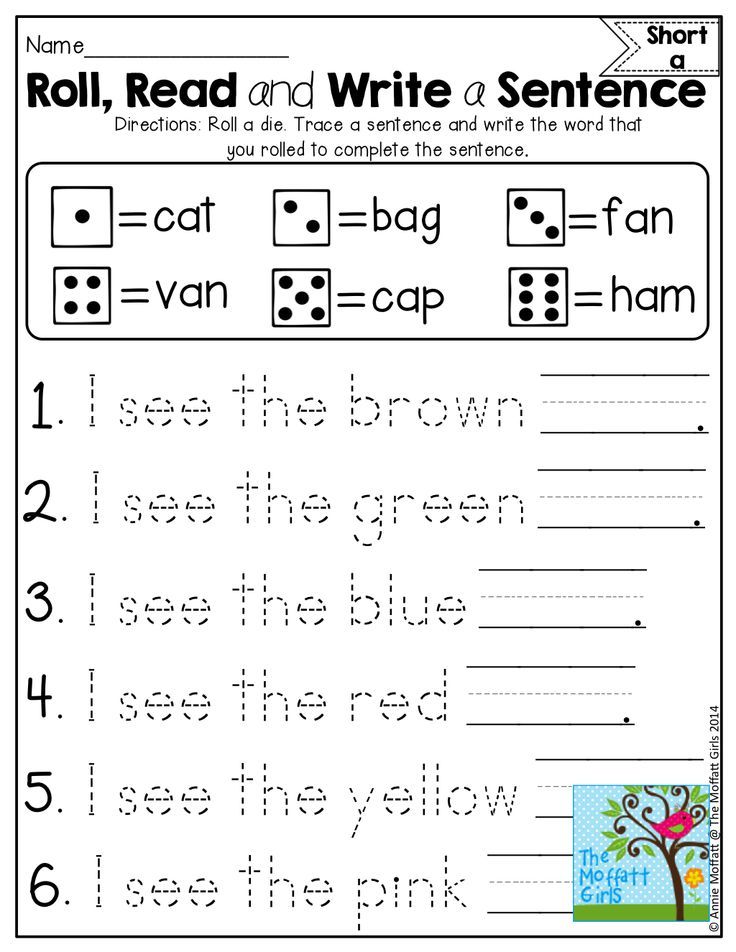
So it goes. What a powerful three words. You get such a sense of resignation, of throwing up of hands and submitting to the forces of inevitability and fate.
And when Kurt Vonnegut uses that sentence again and again throughout Slaughterhouse Five, setting it against the backdrop of one of the worst tragedies of WWII — the firebombing of Dresden — the lackadaisical carefree attitude of that sentence provides a lovely contrast to the horrific facts about Dresden.
By repeating “So it goes” again and again throughout the narrative, Vonnegut is showing how incongruous that attitude is compared to Dresden, and also voicing the devil-may-care attitude of the rest of the world toward the firebombing. The phrases creates this lovely thematic unity throughout the whole book.
7. Cluster TechniqueRoberto Bolano is not known for his short sentences. He’s known for the five-page sentence in 2666 totaling more than two thousand words, and for the page-long sentences of By Night in Chile.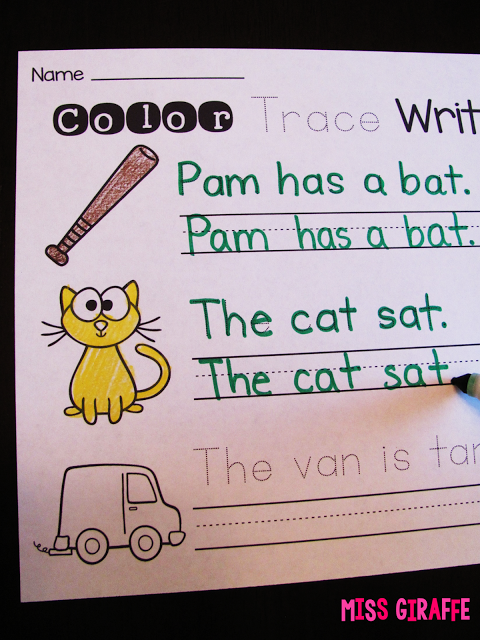
But unlike Cormac McCarthy who sticks short sentences between his long sentence to vary the rhythms, Bolano will write a number of very short sentences right in a row, changing the whole rhythm of a paragraph. The effect of these short sentences is that the prose decelerates, as it becomes choppy. Also, the tone becomes very matter-of-fact.
Look at this example. Here three friends are visiting a painter named Johns, who cut off his hand as an act of performance art. The three friends want to know why he did it:
“Dusk had settled around Morini and Johns now. The nurse made a move as if to get up and turn on the light, but Pelletier lifted a finger to his lips and stopped her. The nurse sat down again. The nurse’s shoes were white. Pelletier’s and Espinoza’s shoes were black. Morini’s shoes were brown. John’s shoes were white and made for running long distance, on the paved streets of a city or cross-country. That was the last thing Pelletier saw, the color of the shoes and their shape and stillness, before night plunged them into the cold nothingness of the Alps.
”
Four sentences in a row, all about five words. Look at how all those short sentences in a row slow down time. How the attention to small, almost peripheral details gives the scene an otherworldliness. It changes the entire atmosphere of the scene.
Check out James Salter doing the cluster technique in “A Sport and a Pastime“:
“They are waiting on the street in the late afternoon. The air is thin as paper. The day is raw.”
For some reason I see the triple-short sentence as the most popular variety of this form. Usually it’s a Sentence-Verb-Object sentence (SVO), an order that seems to underscore the simplicity. As a reader, it really makes you measure the words and pace your reading.
8. Reveal CharacterQuiz time: Do you know the shortest sentence in all of the Bible?
I’ll give you a Sunday-School hint: It’s about Jesus.
Kudos if you guessed it:
“Jesus wept.
”
That’s right — two words. This is a fantastic sentence not because of rhythms, or because of contrast with longer sentences around it, but because how much is accomplished with only two words. Here we have a prophet that the disciples will proclaim is God embodied in flesh, and yet when he meets up with the death of his friend Lazarus, he breaks down. He weeps. In only two words, this is the best example of the humanity of the God/man. We see Jesus humbled, broken, teary. It’s difficult to characterize anyone well in a single sentence, but these two words add so much to the persona of Jesus, it’s practically a miracle in itself.
9. Open your NovelThere are so many famous examples it’s difficult to choose. In fact, I won’t even attribute the first lines below, and you can probably guess most of them:
- Call me Ishmael.
- The old man was dreaming about the lions.
- Lolita, light of my life, fire of my loins.
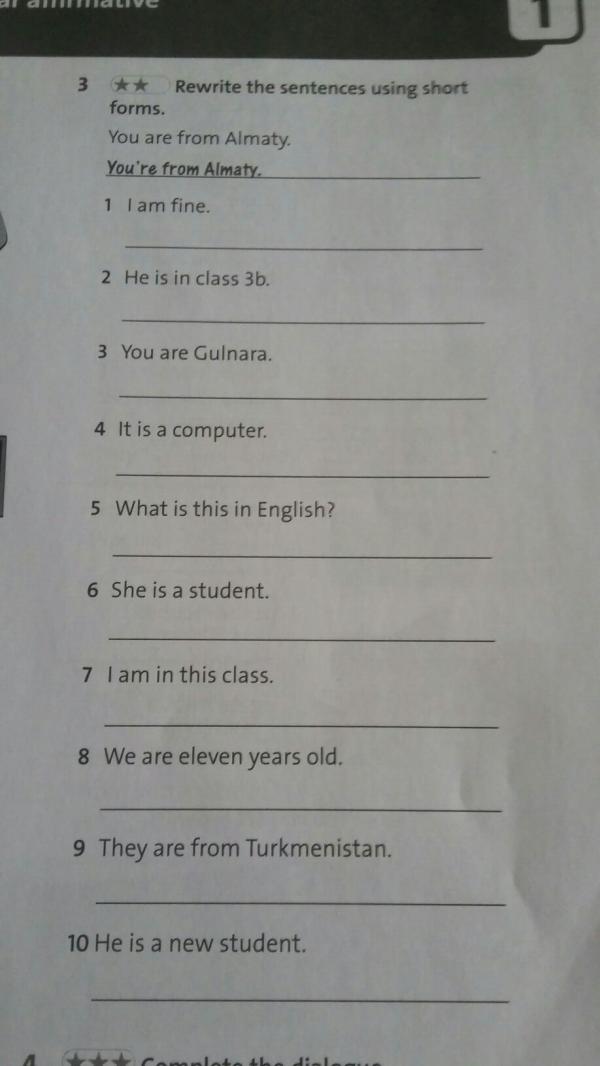
- All this happened, more or less.
- I am an invisible man.
- A screaming comes across the sky.
Why is it so powerful to start a book with a short sentence? The reader enters the world you’ve created without any delay or apprehension. By the time that first period closes over them, they’ve already succumbed to your charms. It’s too late to turn back.
There is no way to abandon reading a sentence this short. And it carries an awesome load of responsibilities upon the remarkably frail shoulders of a few words — establishing the tone, the style, the setting, the conflict.
That’s why Gabriel Garcia Marquez said that he used to spend months trying to get the first sentence right, but when he did, the rest of the book fell into place.
If you want to improve your sentence-writing skills, check out this online course. Learn things like:
- the 2/3/1 rule, leaning/standalone rule
- how to break free of common sentence guidelines
- The tricks and techniques to make a beautiful sentence
Short sentences | Technical Writing
Estimated Time: 20 minutesSoftware engineers generally try to minimize the number of lines of code in an implementation for the following reasons:
- Shorter code is typically easier for others to read.
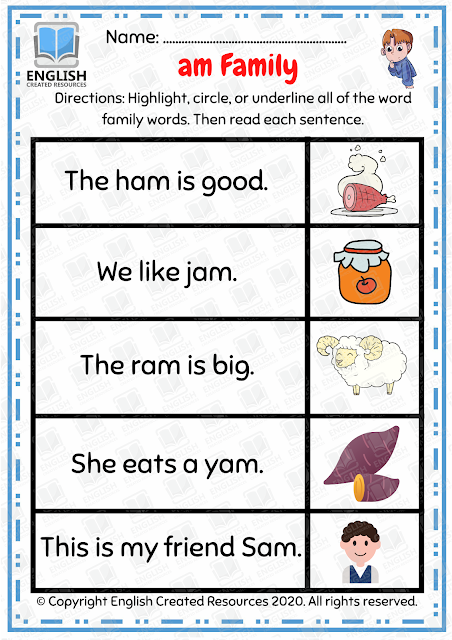
- Shorter code is typically easier to maintain than longer code.
- Extra lines of code introduce additional points of failure.
In fact, the same rules apply to technical writing:
- Shorter documentation reads faster than longer documentation.
- Shorter documentation is typically easier to maintain than longer documentation.
- Extra lines of documentation introduce additional points of failure.
Finding the shortest documentation implementation takes time but is ultimately worthwhile. Short sentences communicate more powerfully than long sentences, and short sentences are usually easier to understand than long sentences.
Focus each sentence on a single idea, thought, or concept. Just as statements in a program execute a single task, sentences should execute a single idea. For example, the following very long sentence contains multiple thoughts:
The late 1950s was a key era for programming languages because IBM introduced Fortran in 1957 and John McCarthy introduced Lisp the following year, which gave programmers both an iterative way of solving problems and a recursive way.
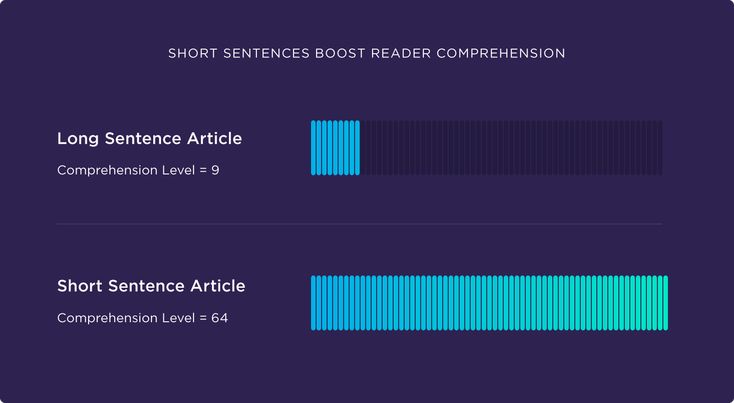
Breaking the long sentence into a succession of single-idea sentences yields the following result:
The late 1950s was a key era for programming languages. IBM introduced Fortran in 1957. John McCarthy invented Lisp the following year. Consequently, by the late 1950s, programmers could solve problems iteratively or recursively.
Exercise
Convert the following overly long sentence to a series of shorter sentences. Don't revise too much; just end up with a few sentences instead of only one.
In bash, use the if, then, and fi statements to implement a simple conditional branching block in which the if statement evaluates an expression, the then statement introduces a block of statements to run when the if expression is true, and the fi statement marks the end of the conditional branching block.
Click the icon to see the answer.
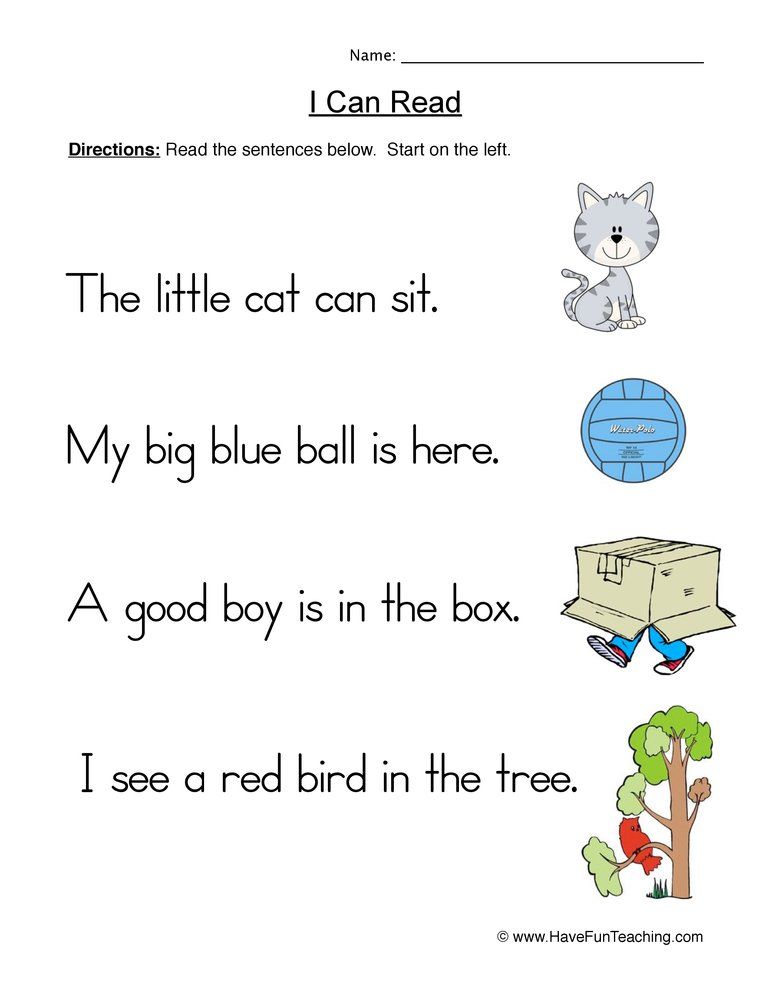
In bash, use an if, then, and fi statement to implement a simple conditional branching block. The if statement evaluates an expression. The then statement introduces a block of statements to run when the if expression is true. The fi statement marks the end of the conditional branching block. (The resulting paragraph remains unclear but is still much easier to read than the original sentence.)
Convert some long sentences to lists
Inside many long technical sentences is a list yearning to break free. For example, consider the following sentence:
To alter the usual flow of a loop, you may use either a break statement (which hops you out of the current loop) or a continue statement (which skips past the remainder of the current iteration of the current loop).
When you see the conjunction or in a long sentence, consider refactoring that sentence into a bulleted list.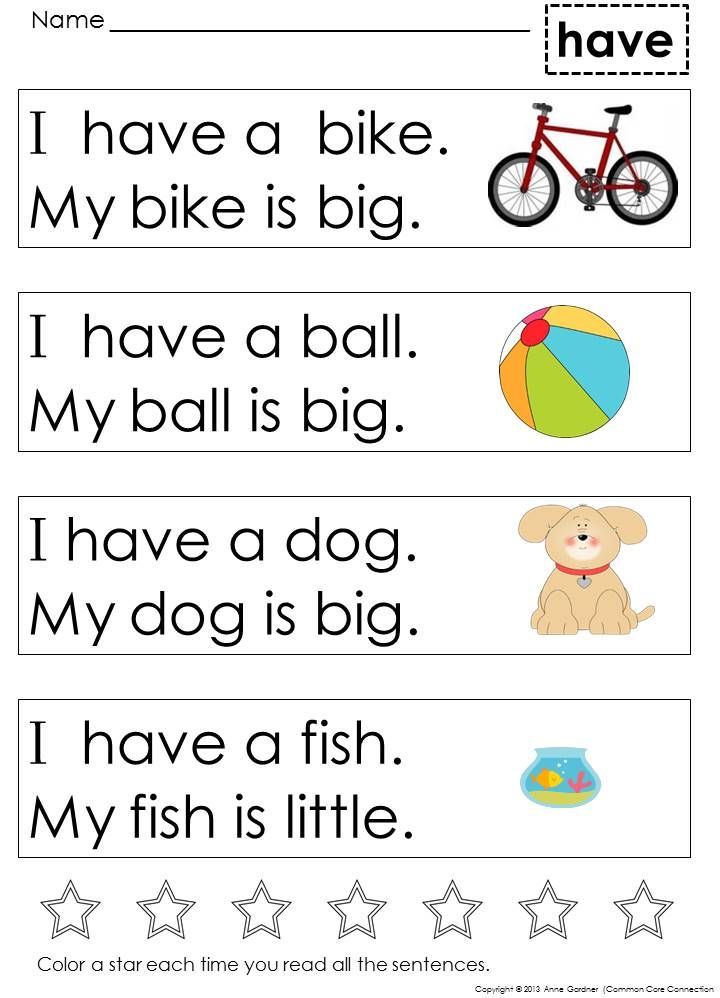 When you see an embedded list of items or tasks within a long sentence, consider refactoring that sentence into a bulleted or numbered list. For example, the preceding example contains the conjunction or, so let's convert that long sentence to the following bulleted list:
When you see an embedded list of items or tasks within a long sentence, consider refactoring that sentence into a bulleted or numbered list. For example, the preceding example contains the conjunction or, so let's convert that long sentence to the following bulleted list:
To alter the usual flow of a loop, call one of the following statements:
break, which hops you out of the current loop.continue, which skips past the remainder of the current iteration of the current loop.
Exercise
Refactor the following sentences into something shorter and clearer. Make sure that your answer contains a list:
- To get started with the Frambus app, you must first find the app at a suitable store, pay for it using a valid credit or debit card, download it, configure it by assigning a value for the
Foovariable in the/etc/Frambusfile, and then run it by saying the magic word twice.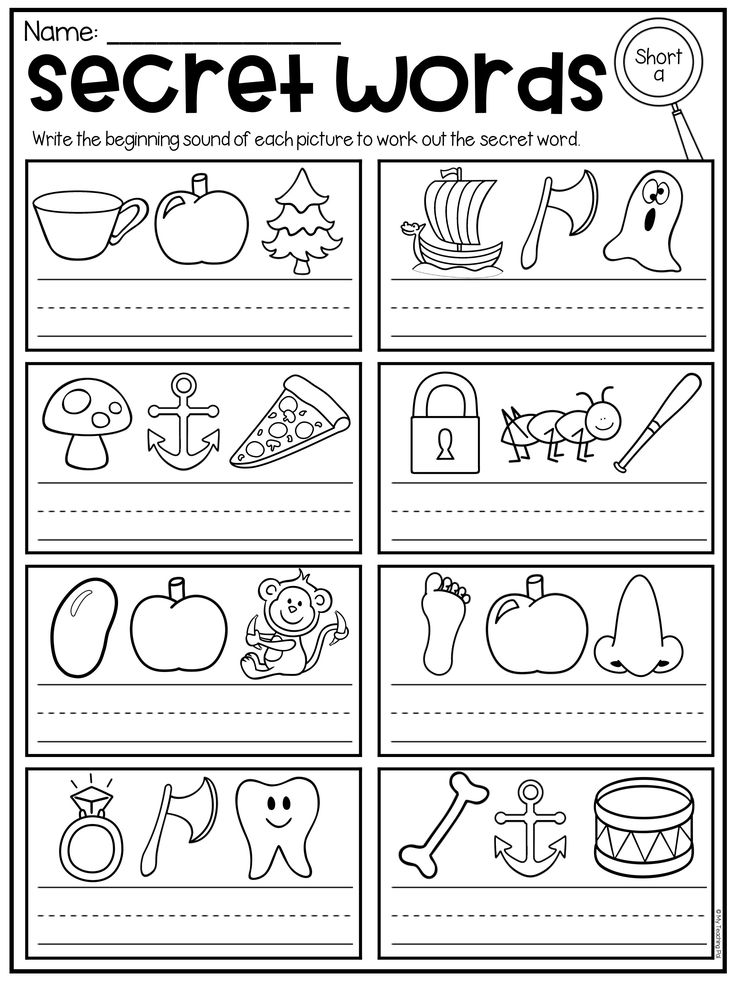
- KornShell was invented by David Korn in 1983, then a computer scientist at Bell Labs, as a superset of features, enhancements, and improvements over the Bourne Shell (which it was backwards compatible with), which was invented by Stephen Bourne in 1977 who was also a computer scientist at Bell Labs.
Click the icon to see the answer.
Sentence 1
Take the following steps to get started with the Frambus app:
- Find the app at a suitable store.
- Pay for the app using a valid credit or debit card.
- Download the app.
- Configure the app by assigning a value for the Foo variable in the /etc/Frambus file.
- Run the app by saying the magic word twice.
Sentence 2
The following two Bell Labs computer scientists invented popular shells:
- Stephen Bourne invented the Bourne Shell in 1977.
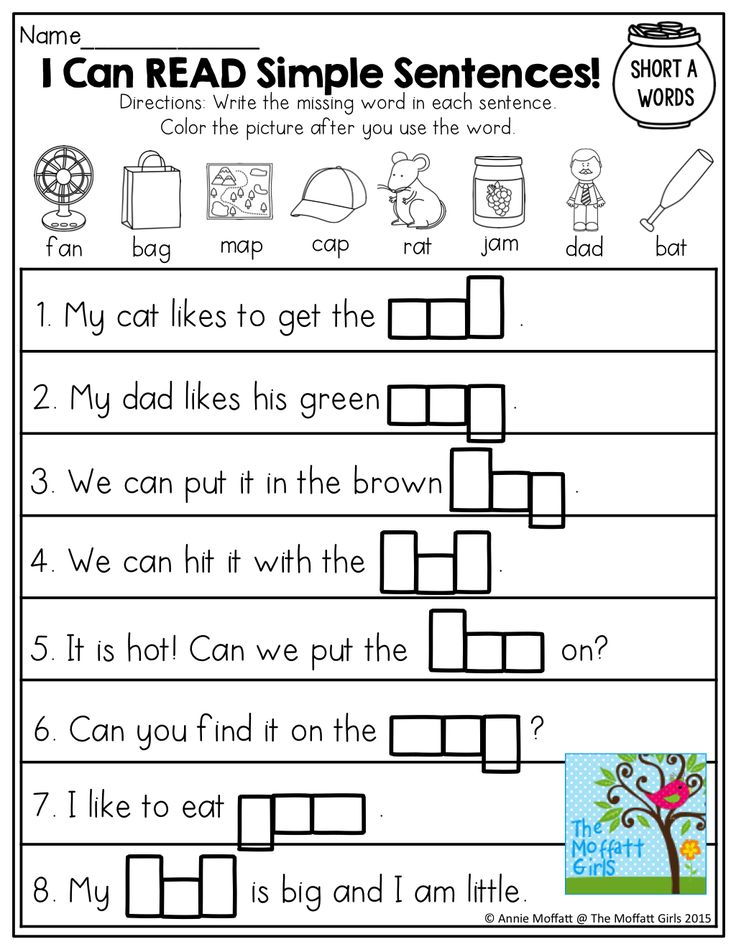
- David Korn invented the KornShell in 1983.
The KornShell is a backwards-compatible superset of the Bourne Shell, containing many improvements over the older shell.
Many sentences contain filler—textual junk food that consumes space without nourishing the reader. For example, see if you can spot the unnecessary words in the following sentence:
An input value greater than 100 causes the triggering of logging.
Replacing causes the triggering of with the much shorter verb triggers yields a shorter sentence:
An input value greater than 100 triggers logging.
With practice, you'll spot the extra words and feel enormous happiness in removing or reducing them. For example, consider the following sentence:
This design document provides a detailed description of Project Frambus.
The phrase provides a detailed description of reduces to the verb describes (or the verb details), so the resulting sentence could become:
This design document describes Project Frambus.
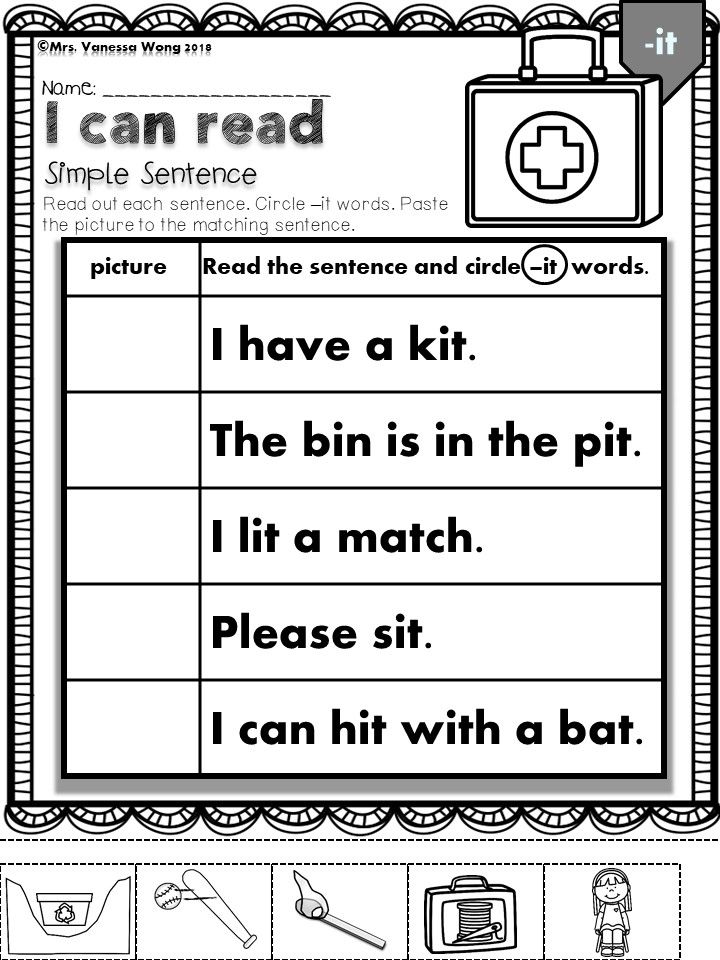
The following table suggests replacements for a few common bloated phrases:
| Wordy | Concise |
|---|---|
| at this point in time | now |
| determine the location of | find |
| is able to | can |
Exercise
Shorten the following sentences without changing their meaning:
- In spite of the fact that Arnold writes buggy code, he writes error-free documentation.
- Changing the sentence from passive voice to active voice enhances the clarification of the key points.
- Determine whether Rikona is able to write code in COBOL.
- Frambus causes the production of bugs, which will be chronicled in logs by the LogGenerator method.
Click the icon to see the answer.
Here are some possible solutions:
- Although Arnold writes buggy code, he writes error-free documentation.
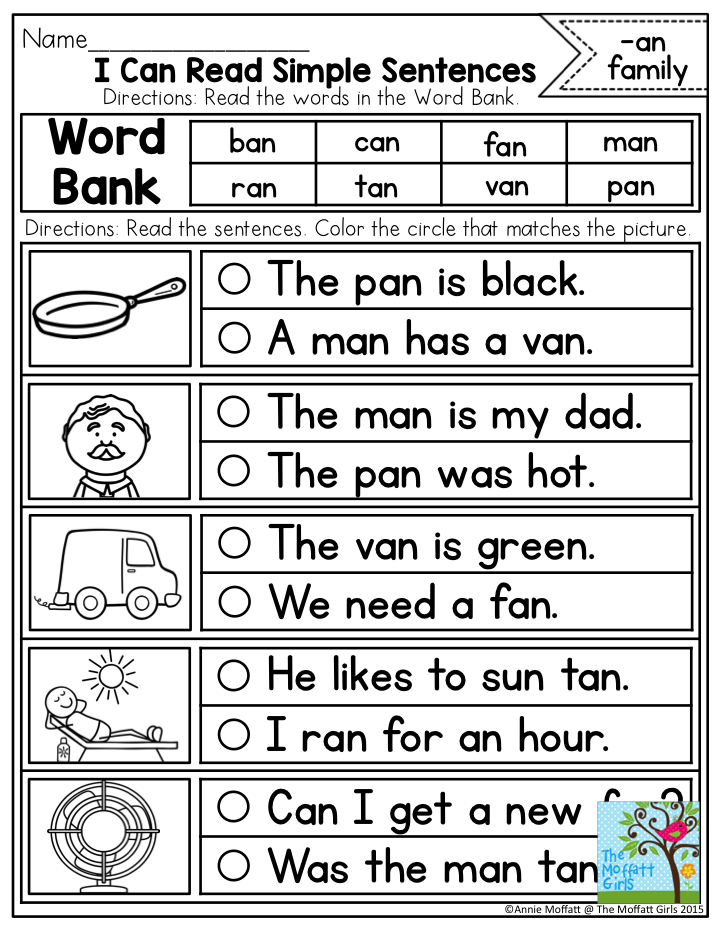
Alternative answer: Arnold writes buggy code. However, he writes error-free documentation. - Changing the sentence from passive voice to active voice clarifies the key points.
- Determine whether Rikona can code in COBOL.
- Frambus produces bugs, which the LogGenerator method logs.
Reduce subordinate clauses (optional)
A clause is an independent logical fragment of a sentence, which contains an actor and an action. Every sentence contains the following:
- a main clause
- zero or more subordinate clauses
Subordinate clauses modify the idea in the main clause. As the name implies, subordinate clauses are less important than the main clause. For example, consider the following sentence:
Python is an interpreted programming language, which was invented in 1991.
- main clause: Python is an interpreted programming language
- subordinate clause: which was invented in 1991
You can usually identify subordinate clauses by the words that introduce them.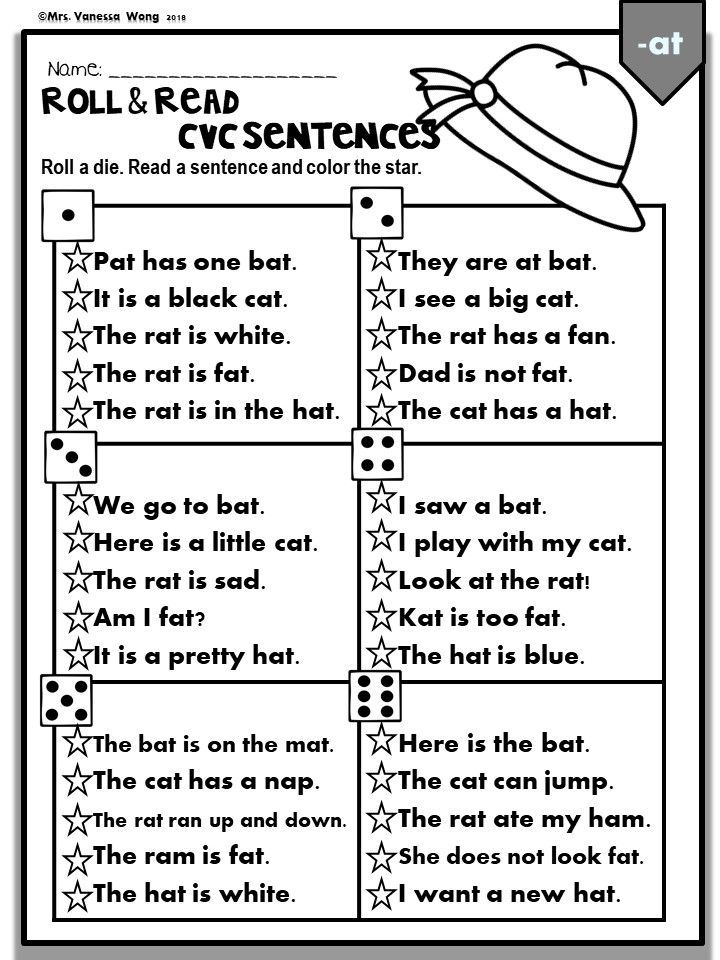 The following list (by no means complete) shows common words that introduce subordinate clauses:
The following list (by no means complete) shows common words that introduce subordinate clauses:
- which
- that
- because
- whose
- until
- unless
- since
Some subordinate clauses begin with a comma and some don't. The highlighted subordinate clause in the following sentence, for example, begins with the word because and does not contain a comma:
I prefer to code in C++ because I like strong data typing.
When editing, scrutinize subordinate clauses. Keep the one sentence = one idea formula in mind. Do the subordinate clauses in a sentence extend the single idea or do they branch off into a separate idea? If the latter, consider dividing the offending subordinate clause(s) into separate sentences.
Exercise
Determine which of the sentences contain subordinate clauses that should be branched off into separate sentences.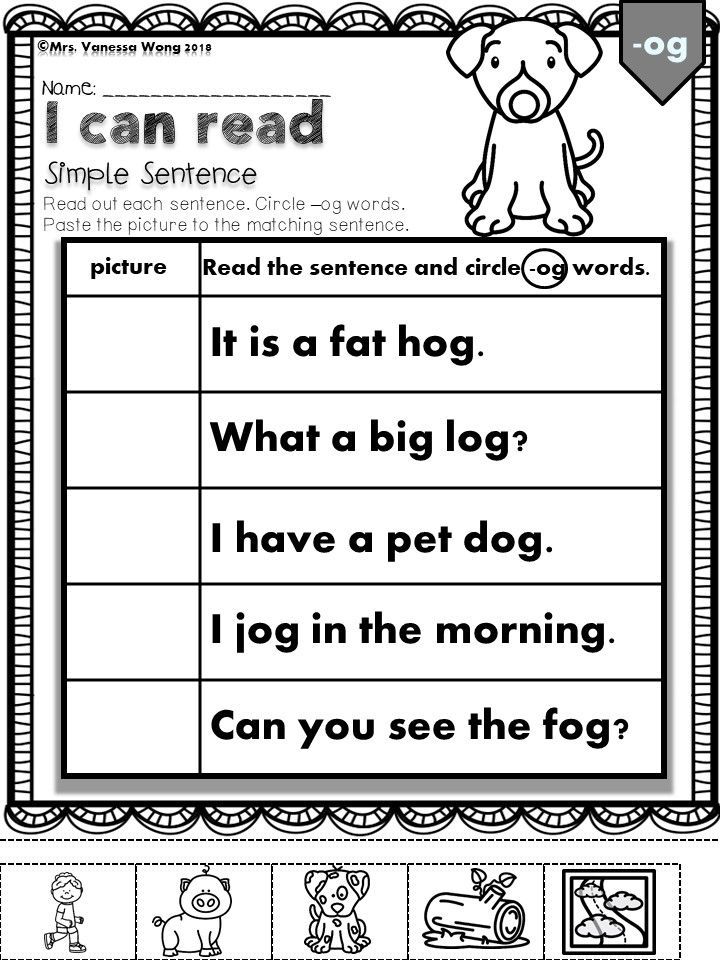 (Don't rewrite the sentences, just identify the sentences that should be rewritten.)
(Don't rewrite the sentences, just identify the sentences that should be rewritten.)
- Python is an interpreted language, which means that the language can execute source code directly.
- Bash is a modern shell scripting language that takes many of its features from KornShell 88, which was developed at Bell Labs.
- Lisp is a programming language that relies on Polish prefix notation, which is one of the systems invented by the Polish logician Jan Łukasiewicz.
- I don't want to say that Fortran is old, but only radiocarbon dating can determine its true age.
Click the icon to see the answer.
We've shaded the subordinate clauses.
- Python is an interpreted language, which means that the language can execute source code directly. The subordinate clause in this sentence extends the main idea, so this sentence is fine as is.
- Bash is a modern shell scripting language that takes many of its features from KornShell 88, which was developed at Bell Labs.
 The first subordinate clause extends the main idea, but the second subordinate clause goes in another direction. Divide this sentence in two.
The first subordinate clause extends the main idea, but the second subordinate clause goes in another direction. Divide this sentence in two. - Lisp is a programming language that relies on Polish prefix notation, which is one of the systems invented by the Polish logician Jan Łukasiewicz. The first subordinate clause is clearly critical to the sentence, but the second subordinate clause takes the reader too far away from the main clause. Divide this sentence in two.
- I don't want to say that Fortran is old, but only radiocarbon dating can determine its true age. The subordinate clause is critical to the sentence, so this sentence is fine as is.
Distinguish that from which
That and which both introduce subordinate clauses. What's the difference between them? Well, in some countries, the two words are pretty much interchangeable.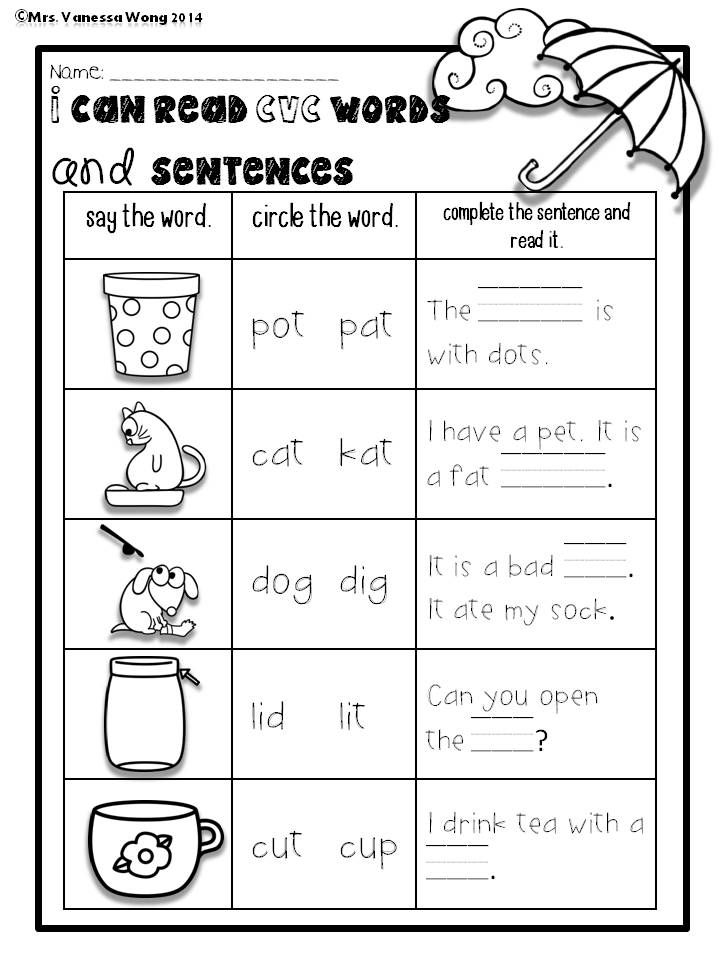 Inevitably though, alert readers from the United States will angrily announce that you confused the two words again.
Inevitably though, alert readers from the United States will angrily announce that you confused the two words again.
In the United States, reserve which for nonessential subordinate clauses, and use that for an essential subordinate clause that the sentence can't live without. For example, the key message in the following sentence is that Python is an interpreted language; the sentence can survive without Guido van Rossum invented:
Python is an interpreted language, which Guido van Rossum invented.
By contrast, the following sentence requires don't involve linear algebra:
Fortran is perfect for mathematical calculations that don't involve linear algebra.
If you read a sentence aloud and hear a pause just before the subordinate clause, then use which. If you don't hear a pause, use that.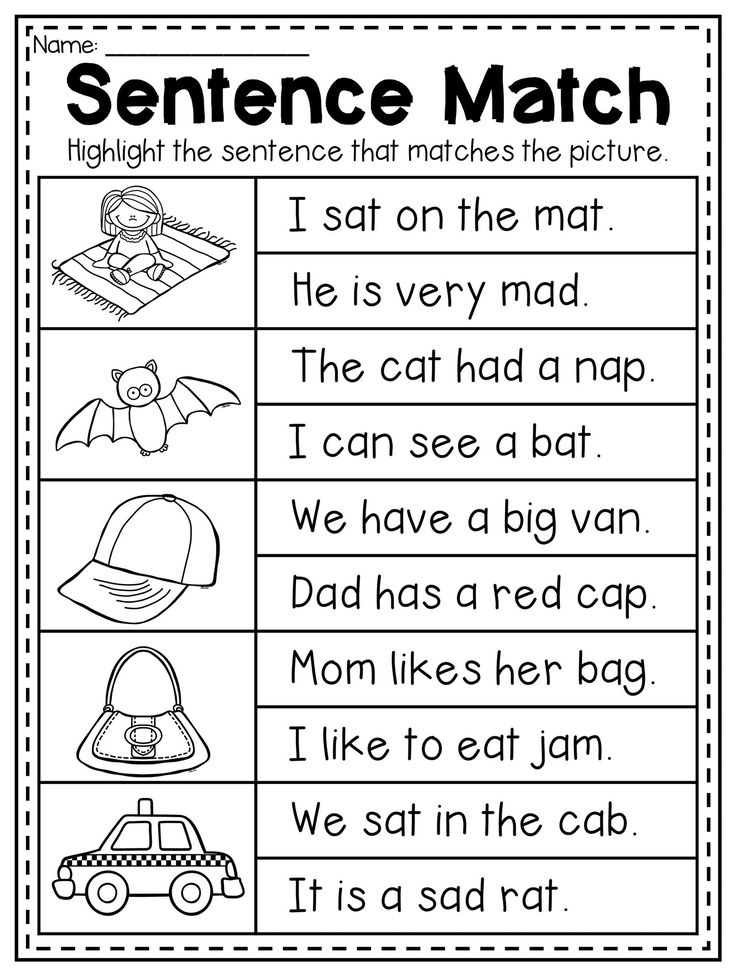 Go back and read the preceding two example sentences. Do you hear the pause in the first sentence?
Go back and read the preceding two example sentences. Do you hear the pause in the first sentence?
Place a comma before which; do not place a comma before that.
Next unit: Lists and tables
Simple sentences in English
WAR
All dictatorships create external enemies and repression to sit on the throne forever.
If you can't tell the truth from a clever lie, then think about laws, about freedom of speech, how often and where power has changed.
CNN News BBC News Telegram Wikipedia
Sentence – is a separate statement with intonational and semantic completeness. A sentence is a word or group of words, organized according to the rules of grammar, that carries a specific message, question, exclamation, or call to action.
- It's raining. - It's raining.
- Go outside! - Get outside!
- What are you doing? - What are you doing?
Sentences of the English language, as in Russian, depending on how many grammatical bases (combinations of subject and predicate) in the sentence, are divided into simple and complex sentences.
- Simple sentences
- There is my house. - This is my home.
- I have to go to the university. - I have to go to the university.
- Complex sentences
- There is the house where my family lives. This is the house where my family lives.
- I have to go to the university now but I will come back soon. I have to go to the university now, but I will be back soon.
Simple sentence (a simple sentence) is a sentence in which there is only one grammatical basis (one combination of subject and predicate).
- Kate likes dogs. Kate loves dogs.
- We go jogging every Sunday. We go jogging every Sunday.
- They didn't go to school last year. They didn't go to school last year.
Simple sentences for the purpose of saying
All simple sentences , depending on the purpose of the statement, can be narrative , interrogative , imperative , exclamatory .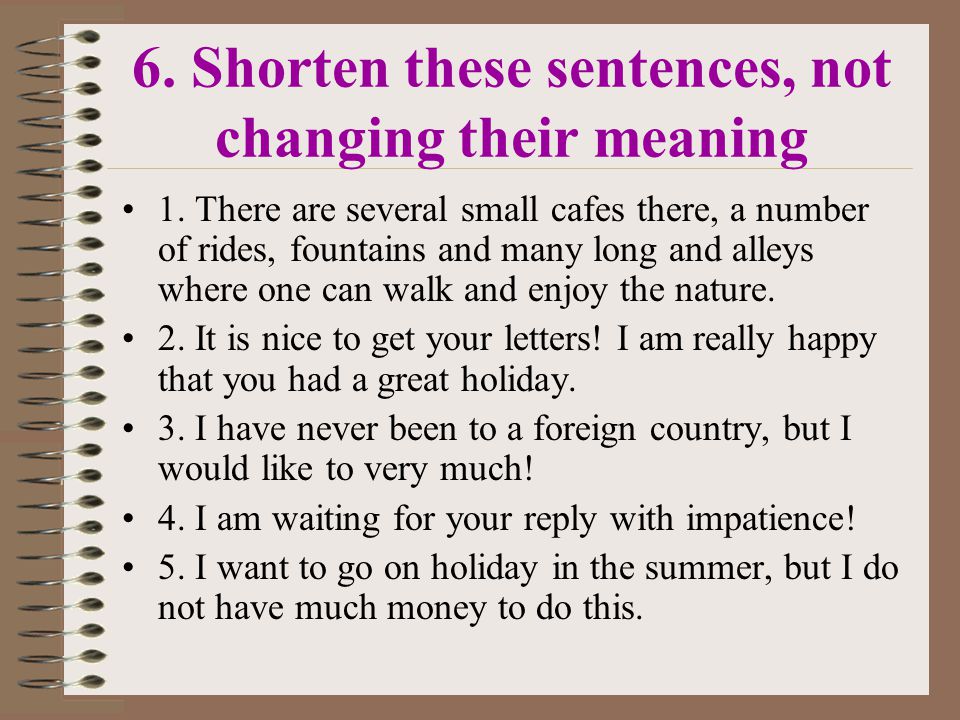
Narrative sentences
Declarative sentence (declarative sentence) - a sentence that communicates a certain fact or information in affirmative or negative form . The intonation of such a sentence is mainly descending, direct word order is used (subject before the predicate).
- My name is Paul. - My name is Paul.
- Kate is good at cooking. Kate cooks well.
- I don't like honey. - I don't like honey.
- George hasn't finished his work yet. George has not finished his work yet.
In English, as a rule, there can be only one negation in the sentence , in contrast to the Russian language, where there can be a double negation (the use of particles together not, neither, and negative pronouns, adverbs, etc.) .
- I know nothing. - I do not know anything.
- I don't know anything.
 - I do not know anything.
- I do not know anything.
- We met no one yesterday. We didn't meet anyone yesterday.
- We didn't meet anyone yesterday. We didn't meet anyone yesterday.
The double negative in English can be used to further strengthen the negative, but this is not common.
- I ain't got no money. - I don't have any money.
- We don't need no education, we don't need no thought control. “We don't need any education, we don't need any thought control.
Interrogative sentences
Interrogative sentence (interrogative sentence) - a sentence that expresses a question. They are formed using indirect word order (predicate before the subject), as well as interrogative words. Interrogative sentences are discussed in detail in the article types of questions.
- Who is there? - Who's there?
- What are you doing now? - What are you doing now?
- Do you like learning English? – Do you like learning English?
Imperative sentences
Imperative sentence (imperative sentence) - a sentence that encourages the interlocutor to act, that is, it expresses an order, request, command, invitation, etc.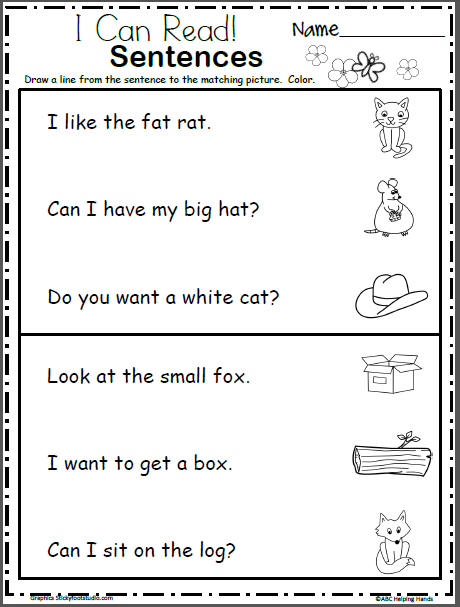 Such sentences often omit the subject you (you, you), as it is clear from the context, the verb is used only in the infinitive form without the particle to .
Such sentences often omit the subject you (you, you), as it is clear from the context, the verb is used only in the infinitive form without the particle to .
- Watch this! – Look at this!
- Listen to me. - Listen to me.
- Go and buy some bread, please. - Go buy some bread, please.
Sometimes in imperative sentences the pronoun you is not omitted in order to emphasize emotionally and strengthen an order or command.
- You sleep now. - You're going to bed now.
- We will rest and you drive. We will rest and you will drive the car.
- I will go to the shop and you stay at home. - I'm going to the store, and you stay at home.
In order to form a negative imperative sentence (prohibition or request), the auxiliary verb do is always used in the negative form, even with the verb to be .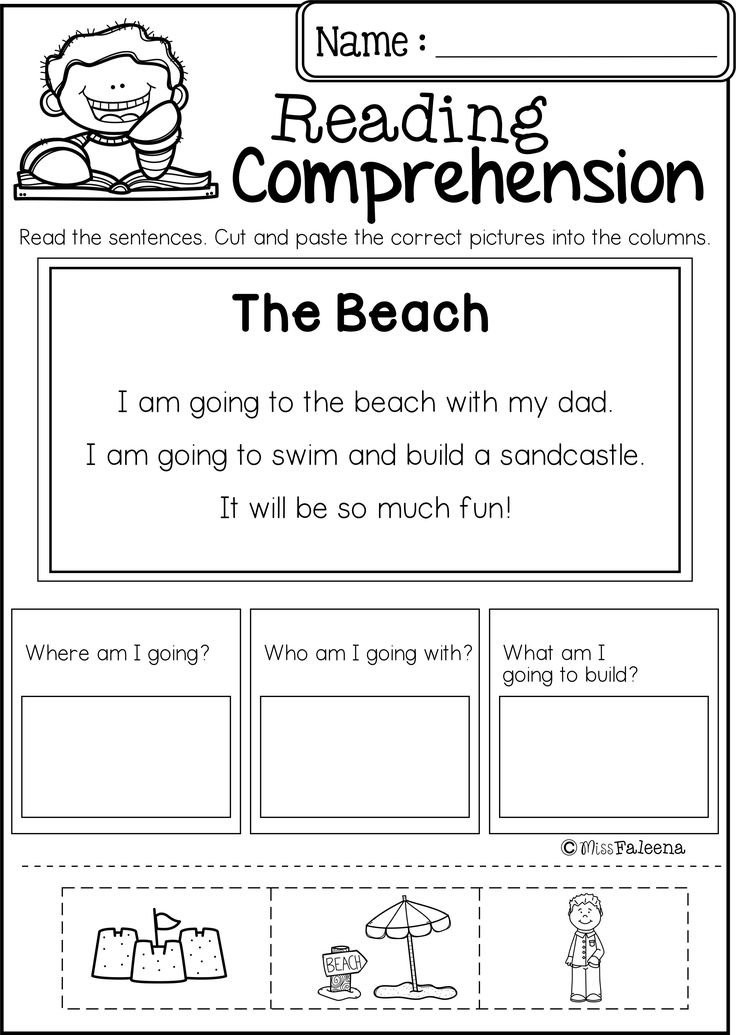
- Don't give me orders! - Don't order me!
- Don't touch it, please. - Don't touch it, please.
- Don't be so silly! - Don't be so stupid!
- Oh, come on, don't be mad. “Oh come on, don’t be mad.
The verb to let (to allow) is used to form an order, command directed at third parties. To let is also used to offer help or ask for permission.
- Let her go. - Let her go. (Let her go.)
- Let him do whatever he wants. Let him do whatever he wants.
- Let the children play with our dog. Let the children play with our dog.
- Let me help you. - Let me help you.
- Let us do this. - Let us do it.
Form let's (short for let us ) is used to suggest a joint action. In this sense, the full form let us is practically not used.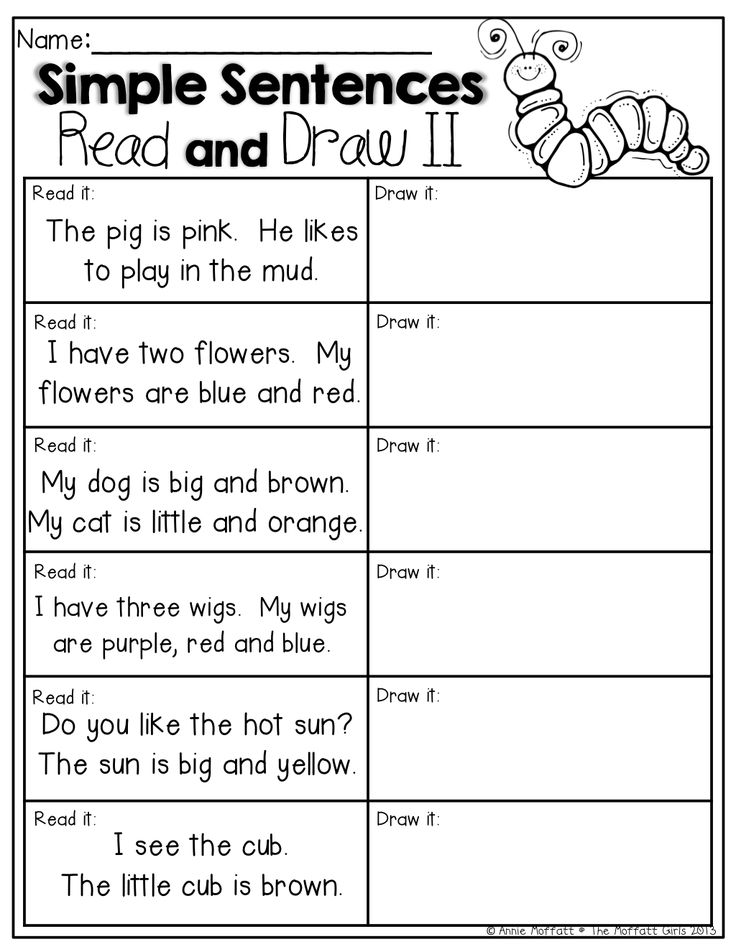
- Let's go for a walk! - Let's go for a walk!
- Let's play football outside. Let's play football outside.
- Let's invite Paul and Janice to the party. Let's invite Paul and Janice to the party.
Exclamatory sentences
Exclamatory sentence (exclamatory sentence) - a sentence expressing certain emotions or feelings. Often such sentences begin with the words what and how and end with the exclamation point .
In exclamatory sentences only direct word order is used. However, often a sentence can only consist of one or two words.
- Marvelous! - Wonderful! (also with a hint of sarcasm)
- How wonderful! - How wonderful!
- It's such a beautiful life! - What a beautiful life!
- What a lovely day it is. - What a wonderful day today.
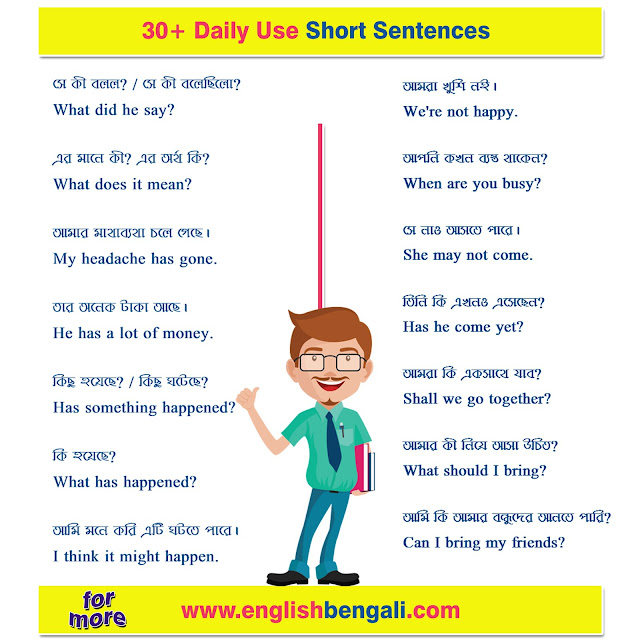
Types of simple sentences according to the structure
Simple sentences according to their structure (presence or absence of some members of the sentence) are divided into two-part and single-member , as well as on non-common and common .
Two-part sentence
Two-member sentence (two-member sentence) - a sentence in which there are both main members of the sentence (subject and predicate), or one of them is omitted, as it is clear from the context or the previous sentence.
- I don't like this book. - I don't like this book.
- We had a lot of fun in Brazil! Swimming in the ocean, drinking cocktails, dancing. We had a lot of fun in Brazil! We swam in the ocean, drank cocktails, danced.
Two-part sentences , in turn, are divided into complete and incomplete.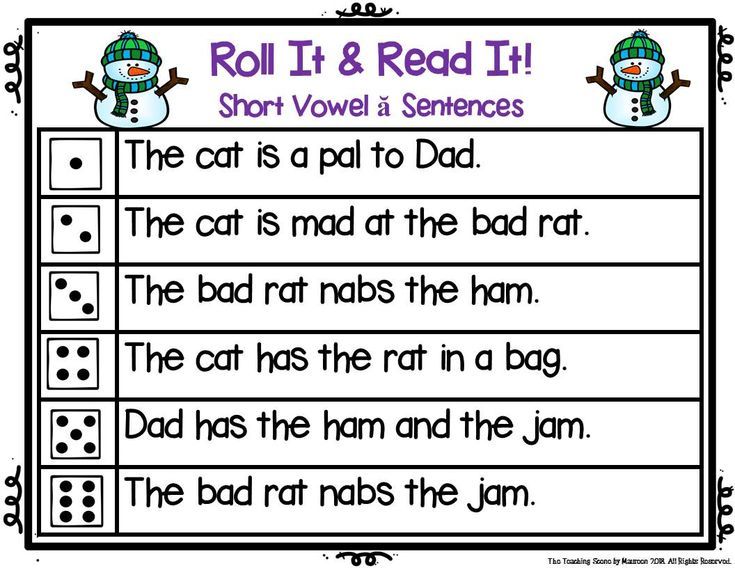 Complete sentence (complete sentence) - a two-part sentence in which there is both a subject and a predicate.
Complete sentence (complete sentence) - a two-part sentence in which there is both a subject and a predicate.
- The baby was smiling to us. The child smiled at us.
- We've bought a lot of candies for you. We bought you a lot of sweets.
- There was a big party at Caroline's place. Caroline had a big party.
Incomplete sentence Such sentences are often found in colloquial speech, dialogues.
- Who did that? Mark, of course. - Who did it? Of course Mark.
- What did he do? Nothing at all! - What did he do? Nothing at all!
- What were we doing? Just chilling and talking. – What did we do? They just relaxed and talked.
One-part proposal
One-member sentence (one-member sentence) - a special type of sentence in which there is only one main member of the sentence, and it cannot be unambiguously defined as a noun or a predicate.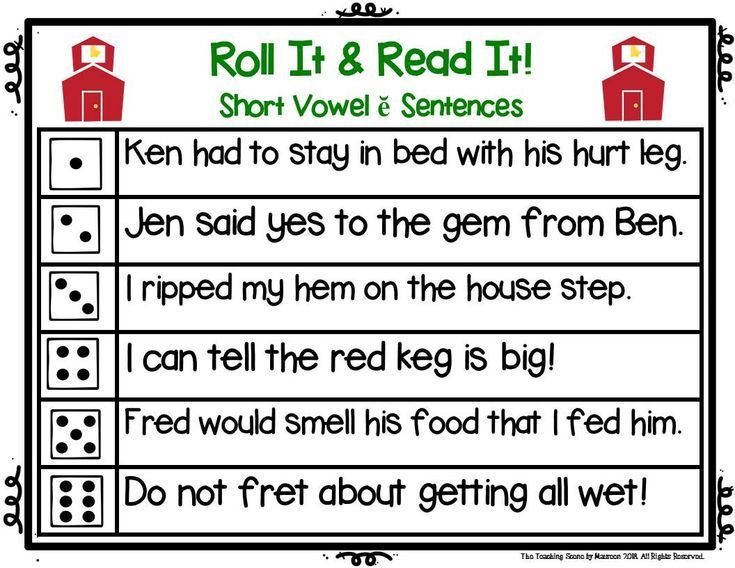 Sometimes such sentences are called sentence-phrases .
Sometimes such sentences are called sentence-phrases .
One-part sentences can be expressed using a noun or an infinitive of a verb.
- To be or not to be? - To be or not to be?
- To stay here – alone, forgotten by everyone. – To stay here – alone, forgotten by everyone.
- Spring! Birds singing, the sun shining, flowers in blossom. - Spring! The birds are singing, the sun is shining, the flowers are blooming.
Uncommon and common offerings
Unextended sentence (non-extended sentence) - a sentence in which there are no secondary members of the sentence, but there is only grammatical basis . Uncommon can be both one-part and two-part sentences.
- Spring. - Spring.
- To live! - Live!
- Don't talk! - Do not talk!
- She is sleeping. - She is sleeping.
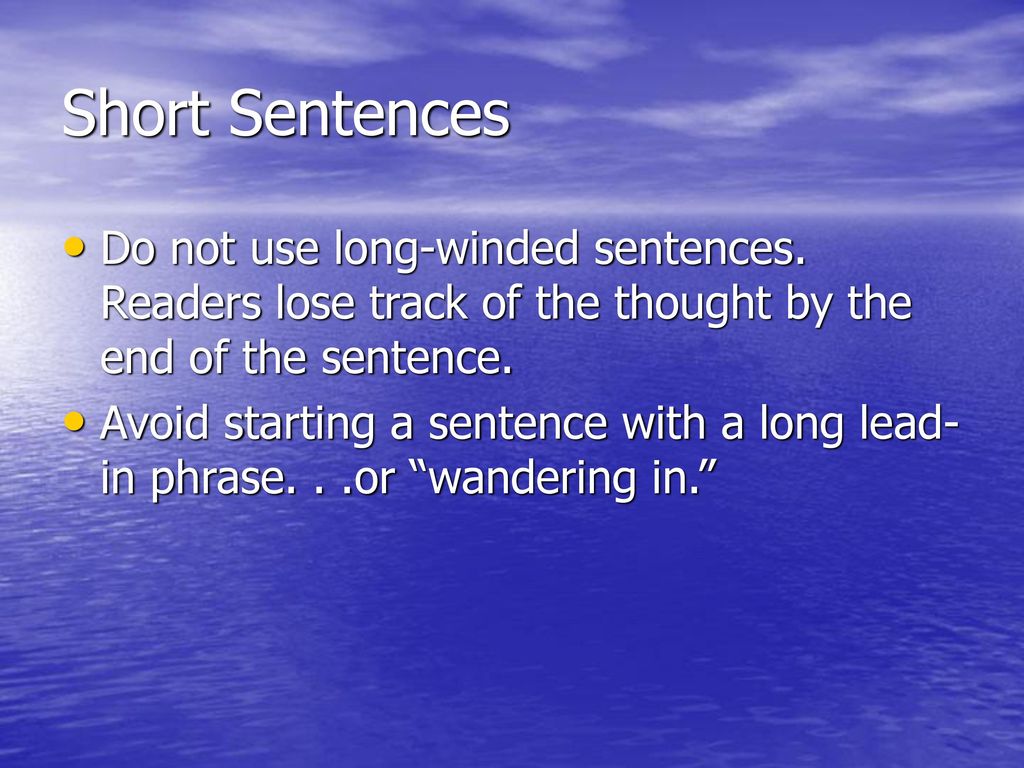
- Matt is a student. Matt is a student.
Extended sentence (common sentence) - a sentence in which there are one or more minor members of the sentence depending on the subject or predicate.
- Beautiful spring! - Beautiful spring!
- Don't talk to me now! - Don't talk to me now!
- My little sister is sleeping upstairs. My little sister sleeps upstairs.
- Matt is not really a good student. Matt is not a very good student.
how long should sentences be - English Pearl
?back | forward
I somehow read the advice, then I was convinced of its correctness: write as short sentences as possible. especially the first ones. here's a cool chapter "Sentence Length Experiment Demonstration" from the book: Roy Peter Clark's "50 Writing Techniques".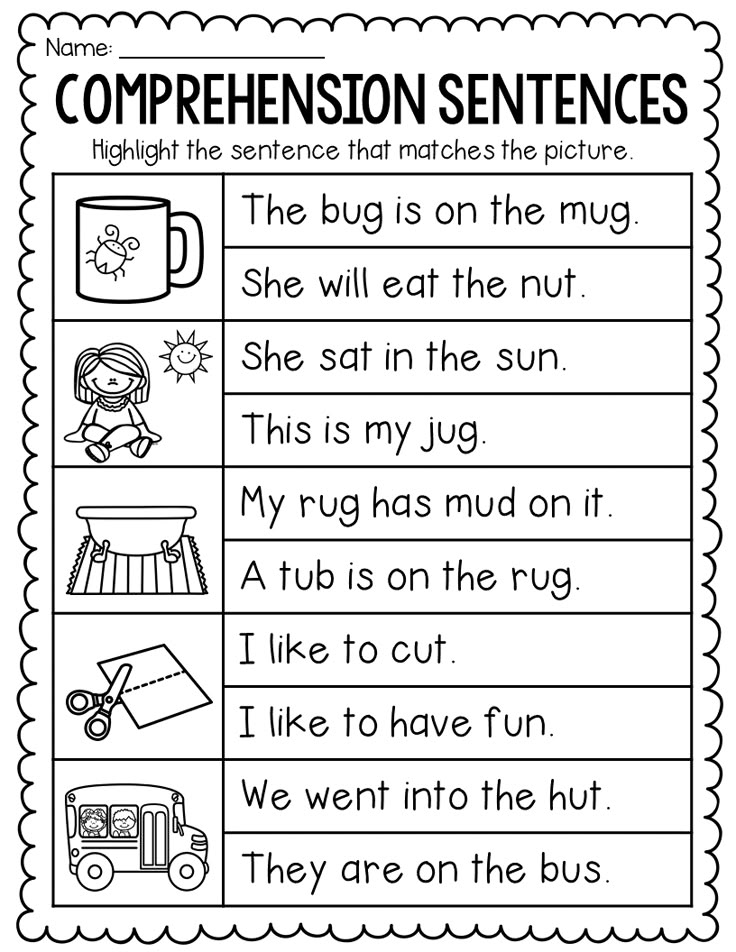
In 1985, Gary Provost created the following demonstration of what happens when an author experiments with sentence length:
"There are five words in this sentence. Here are five more words. Five-word sentences are good. But a few in a row become monotonous. See what happens to them. Such writing becomes boring. Its sound becomes evenly monotonous. It sounds like a broken record. Your ear demands variety from you.
Now listen. I change the length of the sentence, and I create music. Music. The letter sings. It has a nice rhythm, melody, harmony. I use short phrases. And I use medium length phrases.
And sometimes, when I'm sure the reader is rested, I'll captivate him with a longer phrase, a phrase full of energy, a crescendo phrase, with a drum roll, with cymbal strikes, with sounds that say: listen, this is something important"
So write a combination of long, medium and short sentences Make sounds that are pleasing to the reader's ears Don't just write words Write music
* 女 - woman - 女女女 - noise, is it true
* All over the world "tea" has one of two sounds - that's why
* Why have intercourse - fuck and not another word * What does comme il faut mean
* How did the dot in SMS become a sign of irritation * these 16 skills will help make a career in the 21st century
-
written GERMAN Tutorial - 105 pages PDF with video
these 15 screenshots are clickable, the total weight is 715Kb.
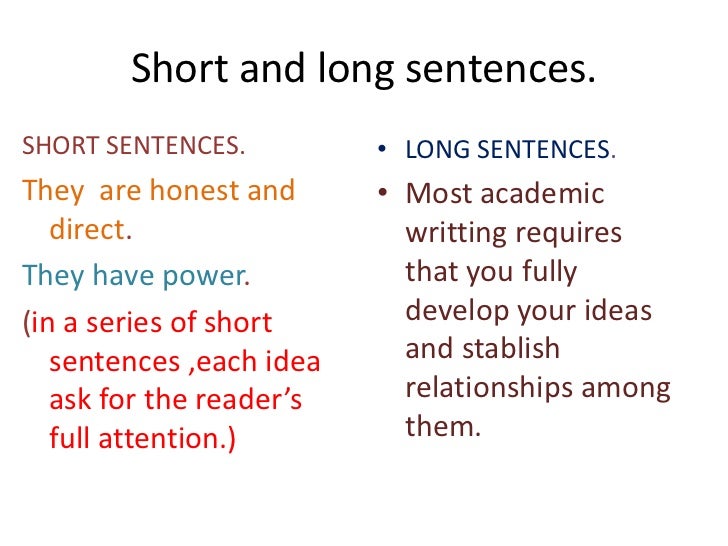 content: READING AND CONJUGATION OF VERBS - ...
content: READING AND CONJUGATION OF VERBS - ... -
"Happy New Year!" Capital "H" or lowercase?
Candidate of Philological Sciences Darya Zarubina answers, the answer was recorded by the journal "Science and Life". This question is often asked on the eve of the holiday.…
-
what does comme il faut mean
I know that you know about it.
 but isn't it interesting to dig deep - to the literal meaning of this word, which is represented by three in ...
but isn't it interesting to dig deep - to the literal meaning of this word, which is represented by three in ... -
my translation of a typical fairy tale ending
Illustration by Walter Crane (c) The Elisha Whittelsey Collection - Vladimir, how can I translate: And It Is Still That Way? this is…
-
UA: joden - none, RU: none - none,
EN:
NOT - NOantonym for different - antonym for various.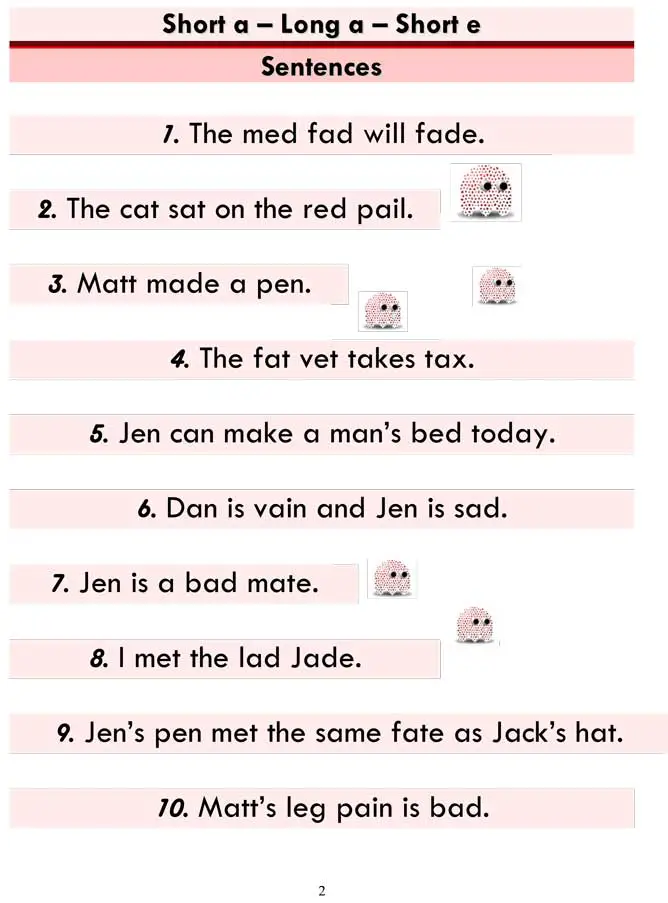 for those who did not understand the difference perfectly, I will continue to expand further. ...
for those who did not understand the difference perfectly, I will continue to expand further. ... -
How did the Vikings simplify English?
(c) John McWhorter, linguist. English is not normal. It's weirder than quite a few other languages. We are…
-
incest - excess. difference and origin
"The package arrived without incest, the phone itself was also without incest.
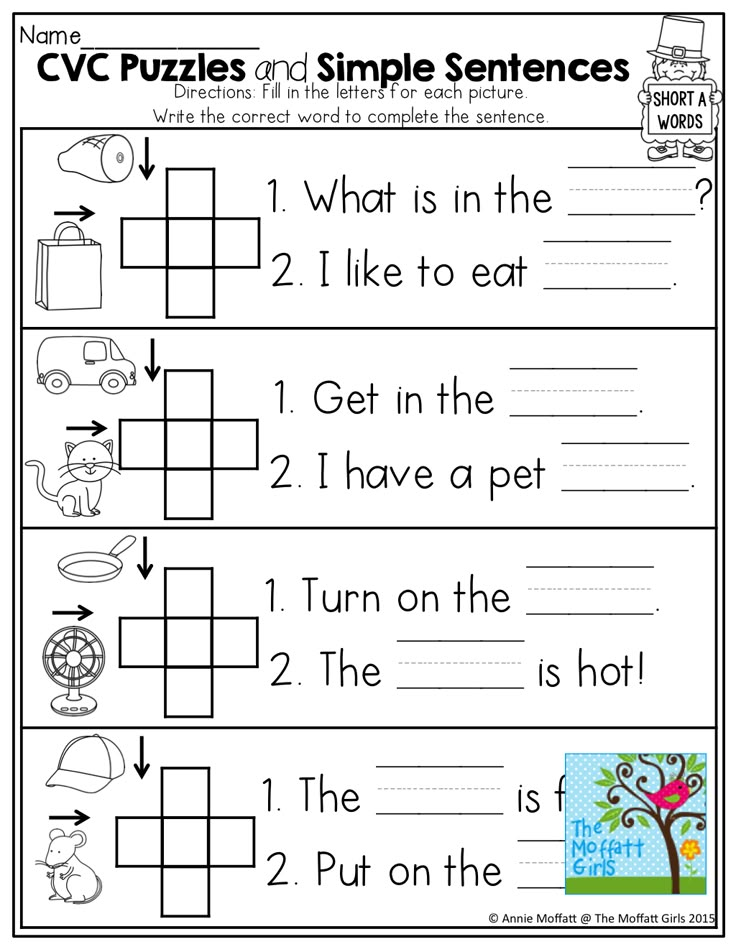
Learn more



